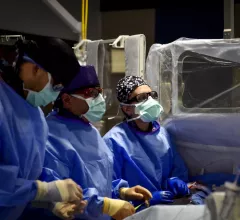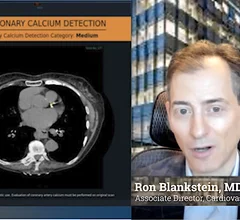Cardiac Imaging
While cardiac ultrasound is the widely used imaging modality for heart assessments, computed tomography (CT), magnetic resonance imaging (MRI) and nuclear imaging are also used and are often complimentary, each offering specific details about the heart other modalities cannot. For this reason the clinical question being asked often determines the imaging test that will be used.
Displaying 449 - 456 of 2070

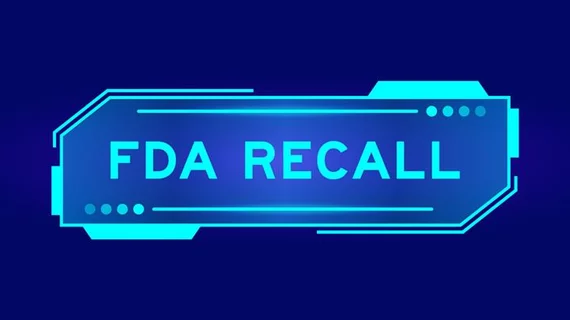
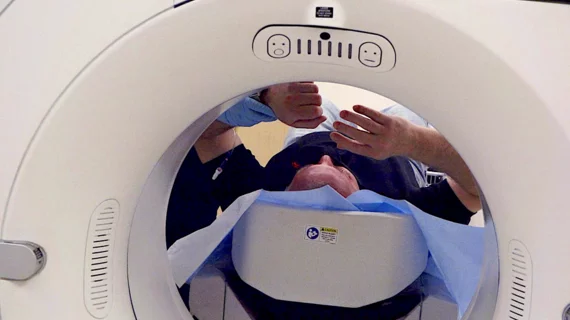

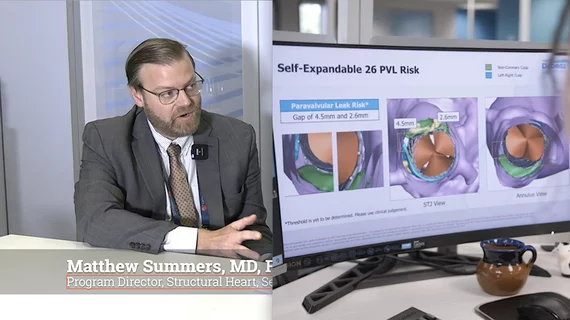

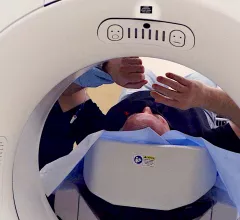
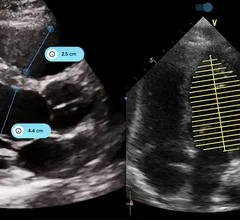
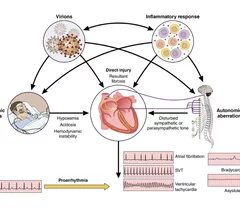
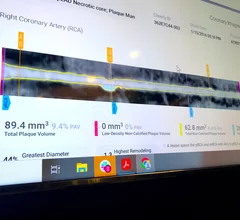
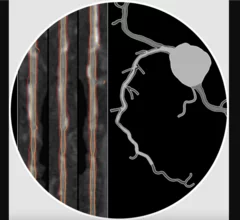
![Cardiologists have performed what they believe to be the world’s first substernal lead extraction, sharing their experience in JACC: Case Reports.[1]The device being extracted, Medtronic’s Aurora EV-ICD, received U.S. Food and Drug Administration (FDA) approval in October 2023.](/sites/default/files/styles/240x220/public/2024-10/screenshot_2024-10-11_at_11.56.29_am.png.webp?itok=uU3Fx85b)
